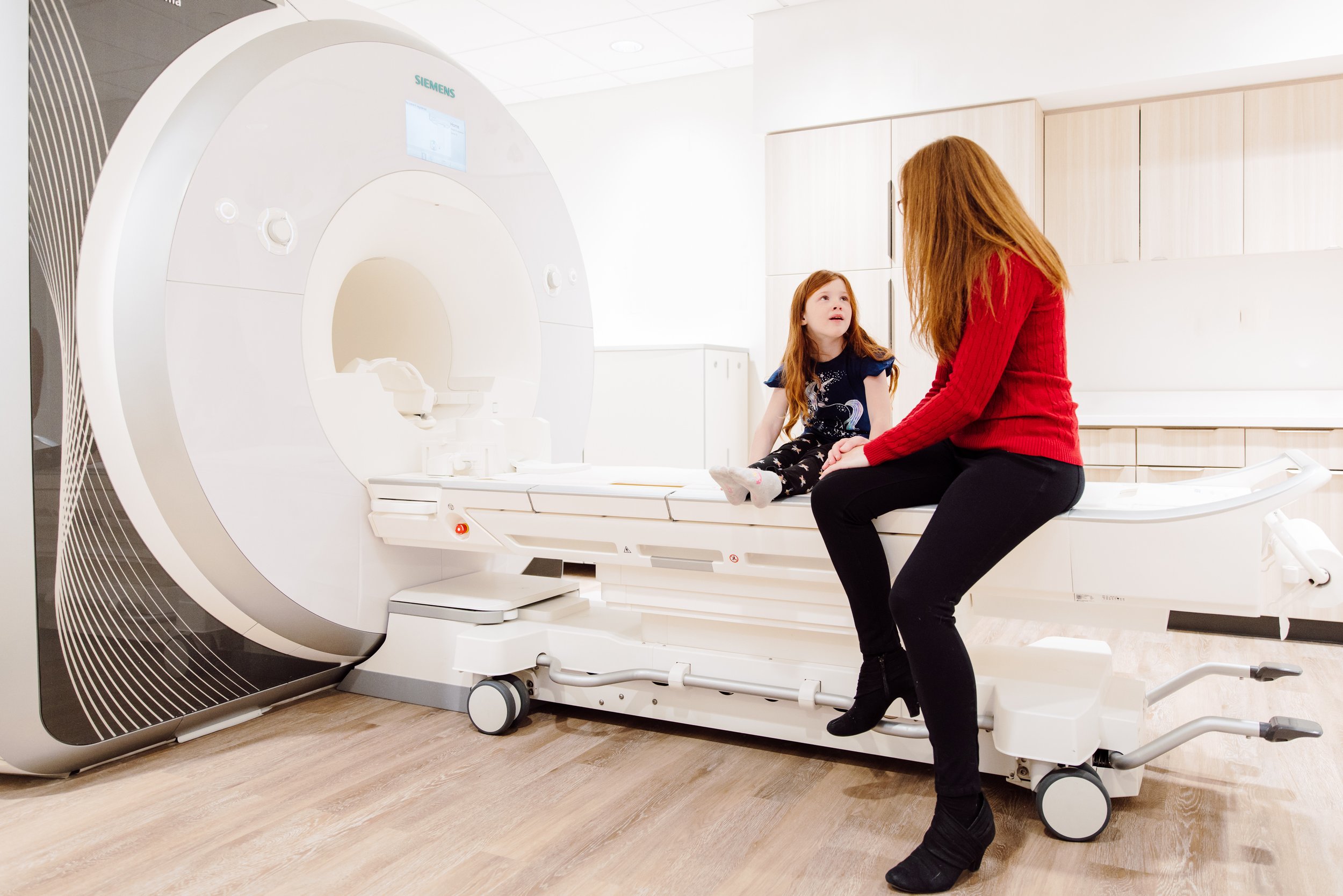
NEURODIVERSITY LABORATORY
Brittany Taylor, PhD
Director, Neurodiversity Lab, Boys Town National Research Hospital
Assistant Clinical Professor, Creighton UniversityPostdoctoral Fellow – University of Nebraska Medical Center (2020)
Postdoctoral Fellow – Boys Town National Research Hospital (2018)
PhD – Applied Developmental Sciences, Colorado State University (2017)
MS – Family and Developmental Sciences, Colorado State University (2014)
BS – Psychology: Mind, Brain and Behavioral Sciences, Colorado State University (2012)
Brittany Taylor, PhD, is the Director of the Neurodiversity Laboratory at the Institute for Human Neuroscience. Dr. Taylor is a developmental cognitive neuroscientist with over a decade of training in multiple brain imaging methods including MEG, MRI, and EEG, as well as advanced statistical modeling techniques. Using this compilation of tools and skills, Dr. Taylor’s work seeks to map the complex interplay of environment, brain, and behavior across child and adolescent development. To date, Dr. Taylor has authored over 55 peer-reviewed publications.
Dr. Taylor's research interests span a wide range of individual differences that contribute to brain structure and function, and ultimately shape cognition and behavior in development. Her portfolio of research includes age- and sex-related changes in neurophysiological functioning, the impact of pubertal hormones on developmental trajectories, exploration of the unique and combined effects of diverse psychological symptoms on brain structure ranging from subclinical-to-clinical levels, and more recently, the effects of environmental toxins and biological mechanisms of inflammation on neurophysiology. Ultimately, Dr. Taylor's work seeks to understand the intricate web of individual differences that contribute to unique patterns of neurodevelopment. She is currently studying how common environmental toxins, like radon, impact brain structure and function, and ultimately shape cognition and behavior in youth.
Publications: 55+
Monica Clarke-Smith
Research Assistant I
Neurodiversity labBS – Psychology, Brigham Young University
Monica Clarke-Smith is a research assistant in the Neurodiversity Lab. Her roles include participant recruitment, data acquisition, and data analysis. Her plans for the future involve pursuing a PhD in Clinical Child Psychopathology and research related to neurodivergence and neurodevelopmental disorders. When not in the office, she enjoys reading, tabletop games, and music.
Sarah Hunter
Research Assistant I
Neurodiversity Lab BS – South Dakota State University
Sarah Hunter is a research assistant in the Neurodiversity Lab. Her roles include recruitment of participants, data acquisition, and data analysis. She has a B.S. in Psychology from South Dakota State University and has worked in respite care. She aspires to pursue a Ph.D. in Behavioral or Cognitive Neuroscience. While she plans to continue her present career trajectory in research, she intends to orient her research toward youth with developmental disabilities, such as ASD and ADHD.
Grace Parolek, BS
Research Assistant I
Neurodiveristy LabBA – Psychology & Spanish, University of Nebraska-Lincoln
As a research assistant in the Neurodiversity Lab, Grace's role involves participant recruitment, acquiring data, and analyzing data for various research projects. Her current research interests include the effects of environmental toxins such as radon on mental health.
Saige Rasmussen, BS
Research Assistant I
Neurodiversity Lab BS – Psychology, Utah Valley University
AS – Psychology, Salt Lake Community College
Saige is a research assistant in the Neurodiversity Lab. Her role involves participant recruitment, acquiring data, and analyzing data for various research projects. She is interested in the effect of environmental toxins on neurodevelopment in children and adolescents. Some of her favorite things do to outside of work are golfing, swimming, sand volleyball, and anything that has to do with being outside.










